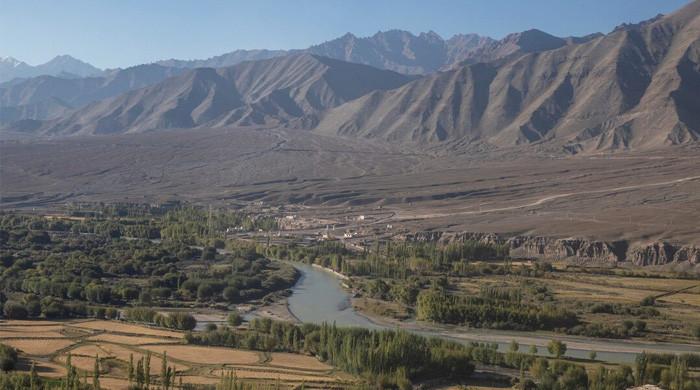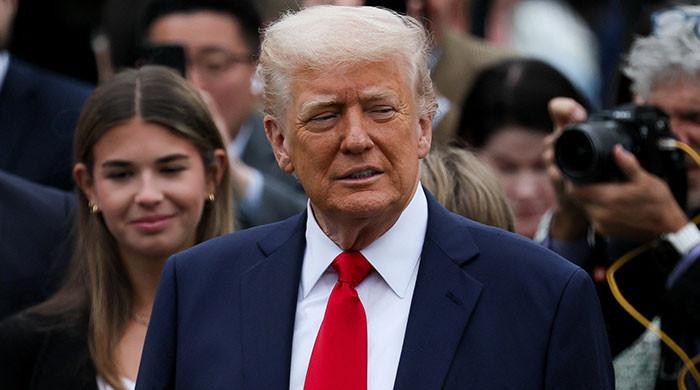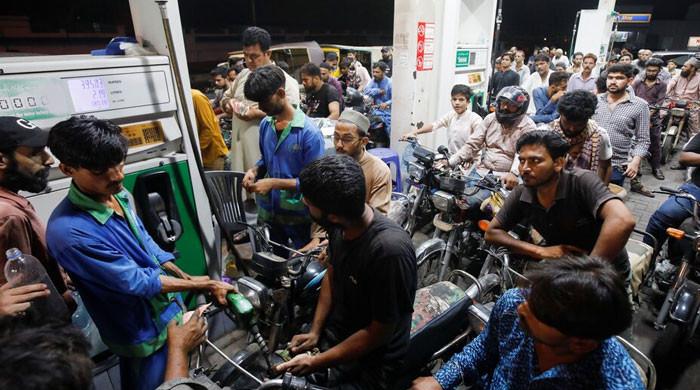Tabdeeli in Punjab? The local government elections will decide
The PTI needs a system of devolution that does not sap the power of its provincial setup
December 18, 2018
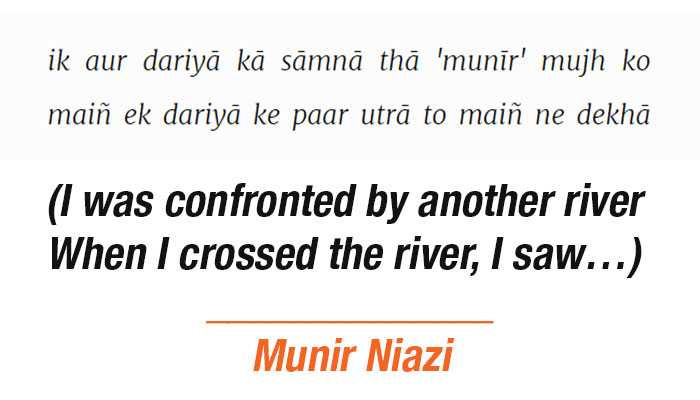
This couplet by Munir Niazi, an Urdu poet, aptly reflects the challenge confronting the governing Pakistan Tehreek-e-Insaf (PTI) in Punjab.
The general and provincial elections are over. The PTI, led by Imran Khan, has formed government in the centre and two provinces, Punjab and Khyber Pakhtunkhwa. The by-polls, on the vacated seats, have also been held, and Khan is now Pakistan's 22nd prime minister.
Now, over to the lowest and most democratic tier of power: the local and municipal administration. When will the PTI schedule this ballot? Not anytime soon. And here is why.
In July, the PTI pulled out a stunning victory, winning the most number of national and provincial constituencies from Punjab, and as a result dethroned the Pakistan Muslim League-N. Although the PML-N was a close second, the PTI formed government with the help of smaller political parties and independent members.
As of now, in the national assembly, of the 141 contestable seats, up for grabs in Punjab, PTI has 66, the PML-N 64, the Pakistan People's Party (PPP) 6, and the Pakistan Muslim League-Q (PML-Q) 4. In the Punjab Assembly, of the 297 general seats, PTI scooped up 143 and the PML-N 134.
This year, Khan's party got its first taste of power in Punjab. If it wants to return in the next general ballot, and further tighten its grip on the province, it will need to choose now the kind of local body polls it wants to conduct. Which means deciding: what powers should be devolved to the local administration? And ways on maintaining a balance between the powers of the provincial and the local government?
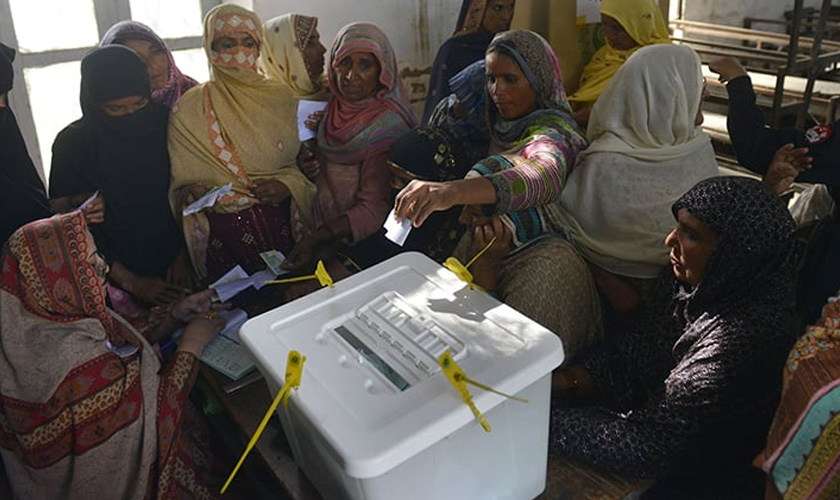
Basically, the PTI needs a system of devolution that does not sap the power of its provincial setup, since it is already being propped up with the help of an unsteady coalition.
These are important questions. Take the Khyber Pakhtunkhwa for example. There, in the 2015 local polls, the PTI got 395 candidates elected to the district council. But in the pockets where it got a drubbing, its candidates had a tough time in the 2018 provincial election.
Now Punjab is no KP. It has a population of over 110 million. And more worryingly, for the PTI, its archrival, the PML-N, still have a strong footing in several districts of the province.
One way to shake up the status quo could be to conduct a nonpartisan ballot. Since the PTI is in power, both at the center and in the province, with a non-party based election the winning candidates are most likely to have a proclivity for them. But Article 140-A of the constitution insists on party-based local elections.
Another proposal under consideration, by the taskforce formed to amend and reform the LG legislation, is to hold direct elections of mayors and district council chairpersons. This could work in giving the party a second line of defense. Why? Because if the PTI loses a district to the opposition, it has another shot to elect its mayor and district chairperson.
That said, the PTI is in no hurry to hold the polls. The committee, appointed to propose a new local government system, has yet to present its draft to the prime minister.
Right now, PTI's MNAs and MPAs hold all the necessary powers. While the mayors and chairpersons, elected during the previous PML-N government, are desperate for funds. The fault of which lies squarely with Shehbaz Sharif's party that held the municipal polls only to obey the orders of the Supreme Court, but was never keen on transferring power to the new administration.
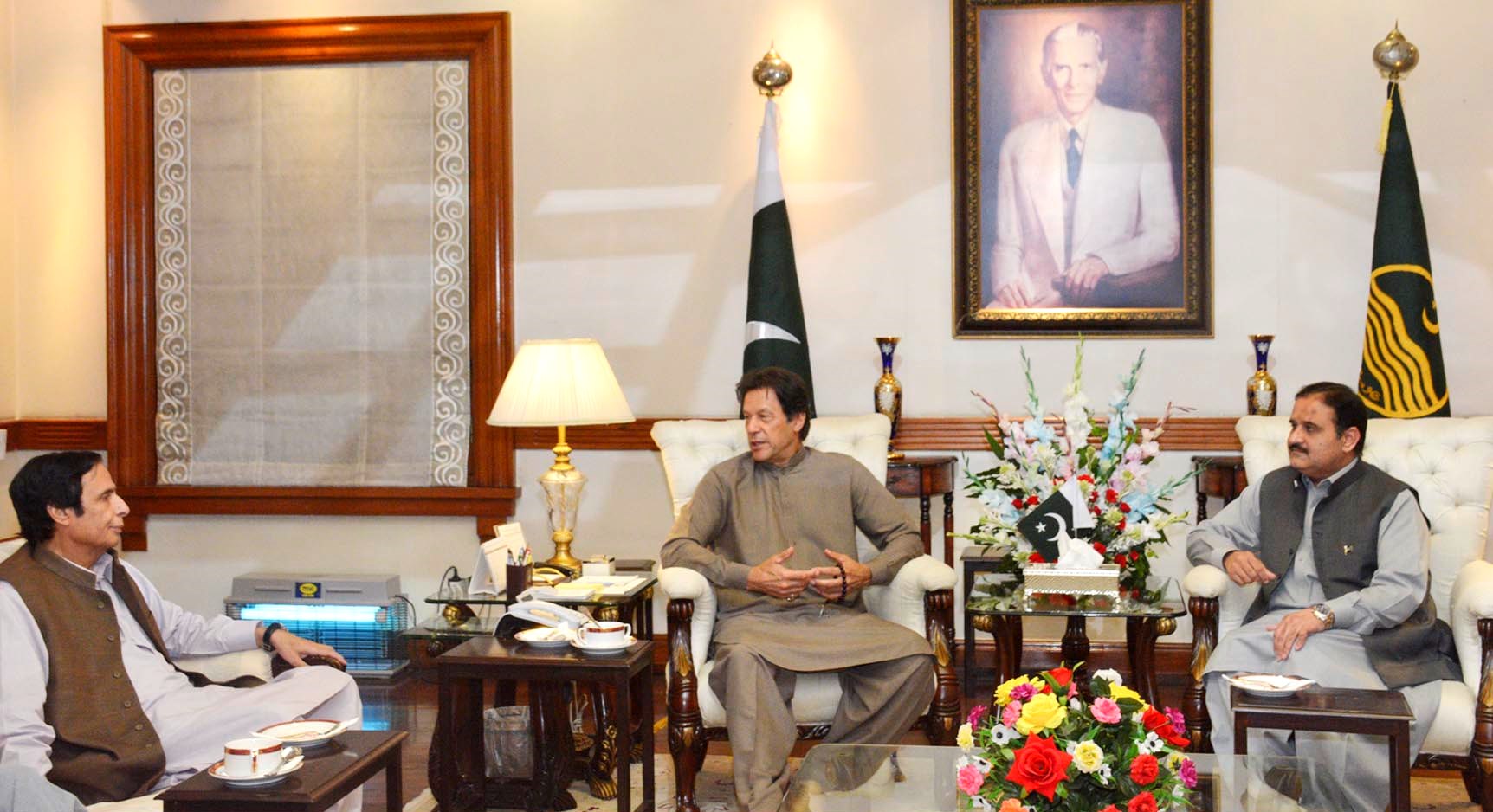
The PTI should also take Punjab's history into consideration. LG polls here are usually won by the ruling party. There have been no exceptions to date. In 2015, the PML-N lost only two districts. In Attock, Major Tahir Sadiq Khan's group won and Eman Waseem was appointed the council chairperson. While in Pakpattan, Muhammad Aslam Sukhera bagged the council chair.
A major alliance partner of the PTI in Punjab is the PML-Q. Khan's party has doled out a number of portfolios for its leaders in Punjab, including handing it the seat of assembly speaker. If the PML-Q comes to the PTI's rescue, it could secure for it the southern parts of the province in the LG polls. The Chaudhrys of the Q-league are also keenly pushing for an early local body election to win back the Gujrat district, which it lost to the PML-N in 2015. Chaudhry Shujaat Hussain's sister was defeated by eight votes. This upended the Chaudhry's 30-year grip on Gujrat.
Holding local government elections will be a major trial for the incumbent party. The outcome will determine if tabdeeli (change) has indeed taken root in the province, or if it were merely a fluke.





